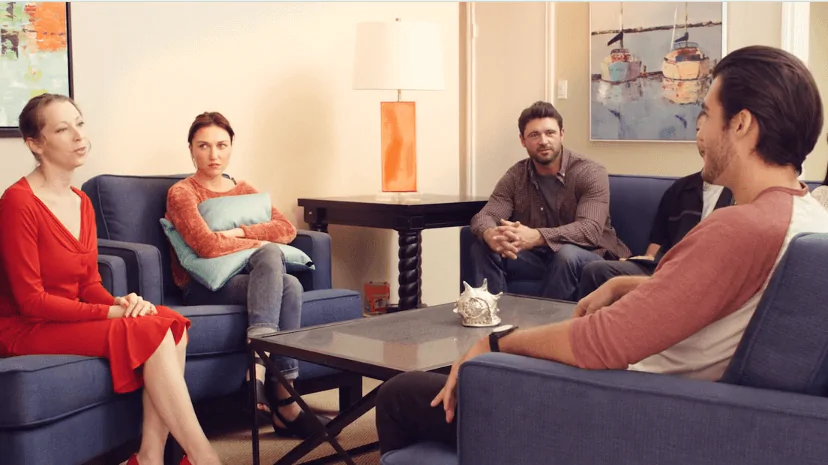24/7 Helpline:
(866) 899-111424/7 Helpline:
(866) 899-1114
Learn more about Klonopin Detox centers in Lookout
Klonopin Detox in Other Cities

Other Insurance Options

ComPsych

Multiplan

Sutter

BHS | Behavioral Health Systems

AllWell

Cigna

Optima

Molina Healthcare

Carleon

Absolute Total Care

Amerigroup

Magellan

Ambetter

Access to Recovery (ATR) Voucher

Health Choice

Aetna

Excellus

EmblemHealth

PHCS Network

MHNNet Behavioral Health



Mountain Comprehensive Care Center
Mountain Comprehensive Care Center is a private rehab located in Belfry, Kentucky. Mountain Comprehe...

WestCare – Hal Rogers Appalachian Recovery Center
WestCare - Hal Rogers Appalachian Recovery Center is a therapeutic residential program for men strug...

Mountain Comprehensive Care Center – Outpatient
Mountain Comprehensive Care Center – Outpatient is a public rehab located in Belfry, Kentucky. Mount...

WestCare – Pike County Community Involvement Center – CIC
WestCare - Pike County Community Involvement Center (CIC) is an outpatient clinic for individuals st...

VanArk Behavioral Mangement
VanArk Behavioral Mangement is a private rehab located in Pikeville, KY. VanArk Behavioral Mangement...

Spero Health – Pikeville
Spero Health – Pikeville is a private rehab located in Pikeville, Kentucky. Spero Health – Pikeville...

Providence Recovery Place – Our Master’s Camp
Providence Recovery Place - Our Master's Camp is a non-profit, faith-based, 90-day residential treat...



































































































































































































































































































































































































































































































































































































































































































































































































